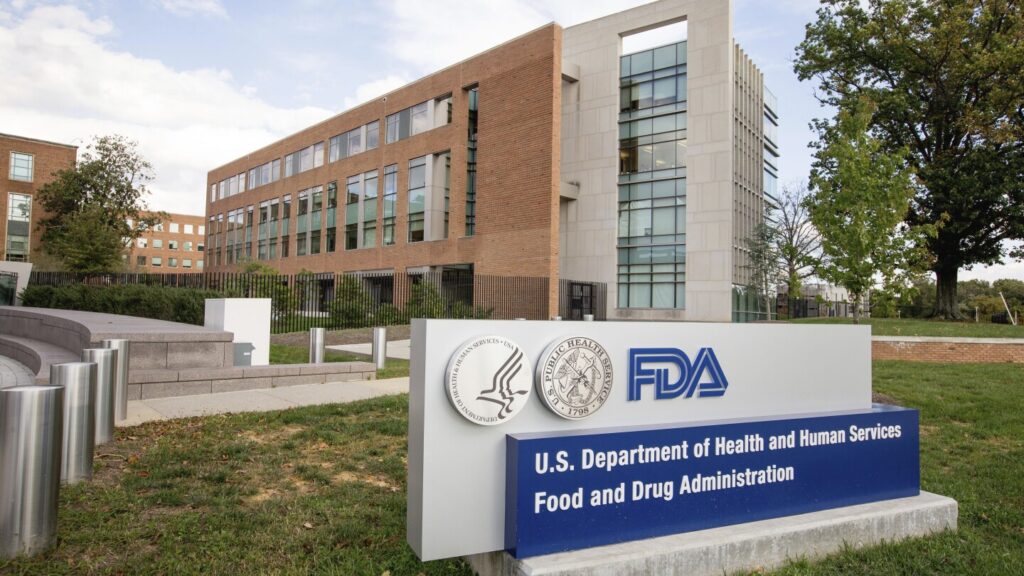
WASHINGTON – The Food and Drug Administration (FDA) announced an update to the labeling of the leading COVID-19 vaccines on Wednesday, highlighting a rare heart-related side effect predominantly affecting young men. This development underscores the ongoing scrutiny and evolution of vaccine safety protocols.
Immediate Impact
Myocarditis, a mild form of heart inflammation, first came to light as a potential vaccine complication when the COVID-19 shots were rolled out in 2021. The FDA has now directed Pfizer and Moderna to enhance their existing warnings to provide more comprehensive information about this risk.
Key Details Emerge
In April, the FDA requested both pharmaceutical companies to revise their labels to include a broader patient demographic. The updated warning identifies the risk of myocarditis as occurring in 8 cases per 1 million individuals vaccinated with the 2023-2024 COVID shots, specifically among those aged 6 months to 64 years. Notably, the condition is most prevalent among males aged 12 to 24.
The previous label indicated the issue was most common in 12- to 17-year-olds.
Industry Response
The FDA’s labeling change has sparked some debate within the scientific community. The Centers for Disease Control and Prevention (CDC) previously reported no significant increase in myocarditis risk in their vaccine injury databases dating back to 2022. They also noted that myocarditis cases related to the vaccine tend to resolve quickly and are less severe than those caused by COVID-19 itself.
By the Numbers
The new warning lists the risk of myocarditis as 8 cases per 1 million vaccinated individuals aged 6 months to 64 years.
What Comes Next
The FDA’s announcement coincides with a meeting of newly appointed vaccine advisers by Health Secretary Robert F. Kennedy Jr. The panel is reviewing the continued use of COVID-19 vaccines across key demographics, including pregnant women. This meeting follows Kennedy’s controversial decision to replace all 17 members of the previous advisory group, introducing several new members with a history of anti-vaccine sentiments.
Expert Analysis
Dr. Robert Morris, a public health specialist at the University of Washington, criticized the FDA’s approach. “They are right to suggest that we need to consider myocarditis risks associated with the vaccine, but what they propose is exactly the wrong solution,” he stated. “We should be investigating who is prone to myocarditis to see if we can predict and mitigate that risk.”
Background Context
FDA Commissioner Marty Makary and other officials have gained attention for questioning the federal government’s stance on COVID-19 vaccine boosters. They argue that the benefits have been overstated while downplaying serious side effects like myocarditis. Makary and his team have also limited annual COVID-19 shots to seniors and high-risk groups, suggesting that seasonal updates to vaccines require further testing.
Regional Implications
The FDA’s decision represents a significant shift from previous policies. Before joining the government, Makary and his deputies published a paper in 2022 arguing that booster mandates for young people could result in more harm than good, a stance that contradicted many public health experts, including those at the CDC.
“We should be investigating who is prone to myocarditis to see if we can predict and mitigate that risk.” – Dr. Robert Morris
The FDA’s label update is part of ongoing efforts to balance vaccine safety with public health needs. As new data emerges, the conversation around vaccine risks and benefits continues to evolve, with significant implications for public health policy and individual decision-making.






